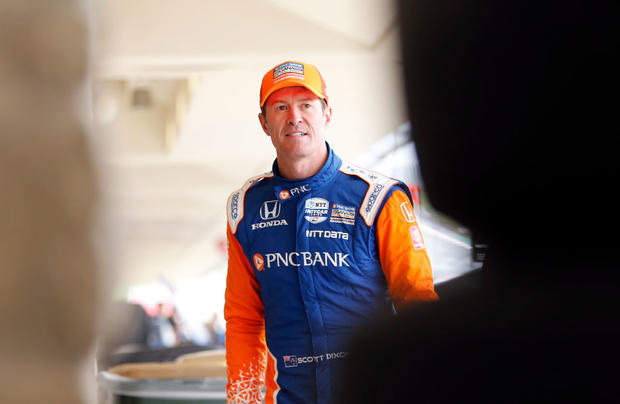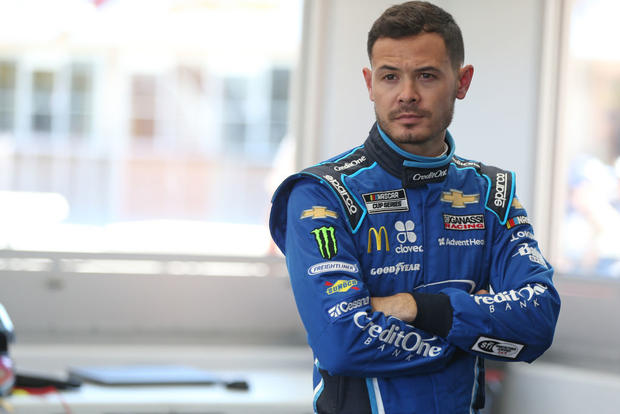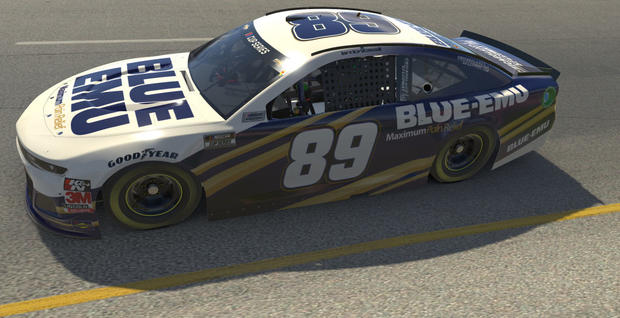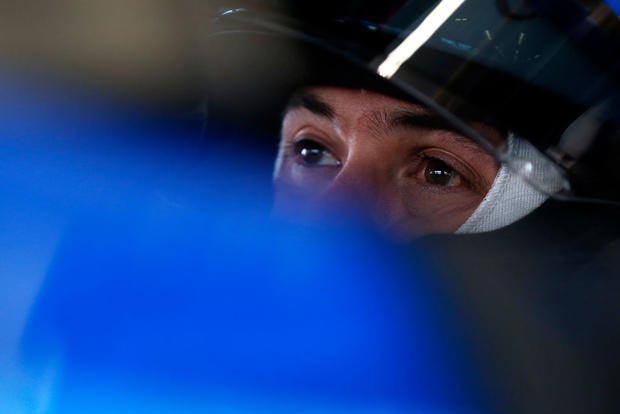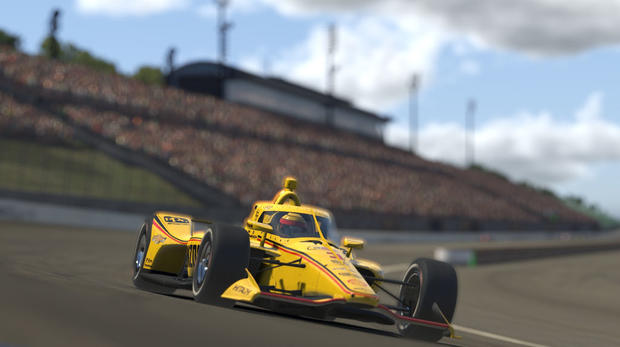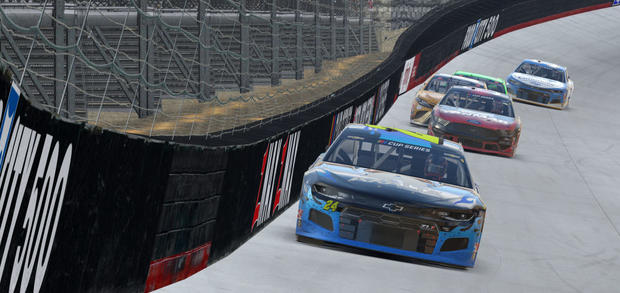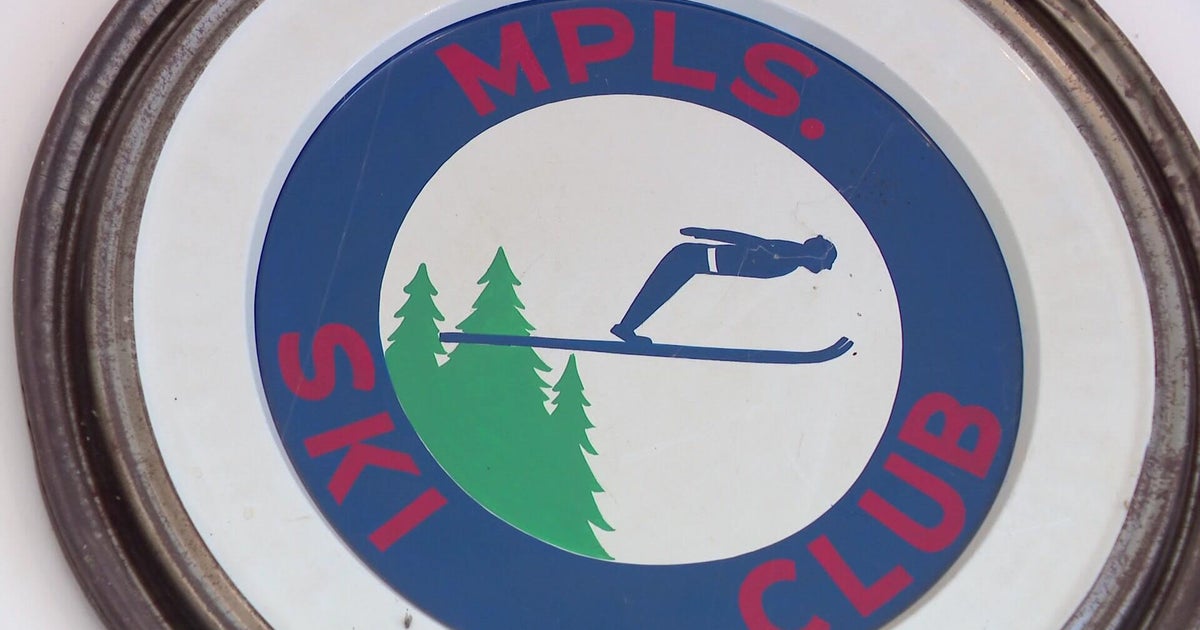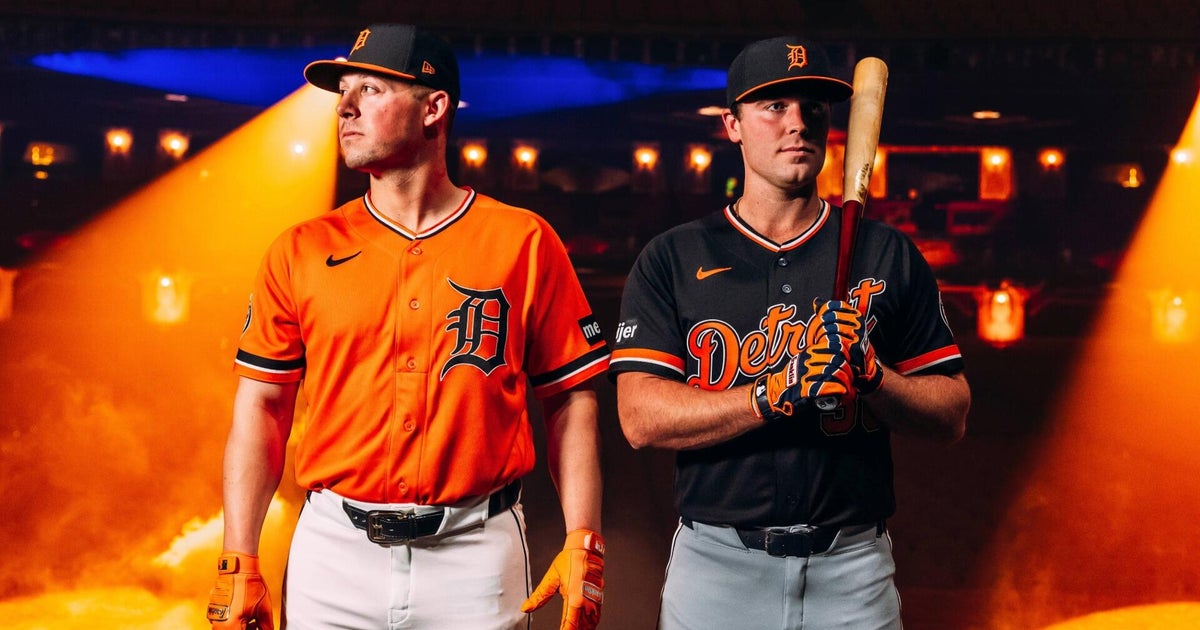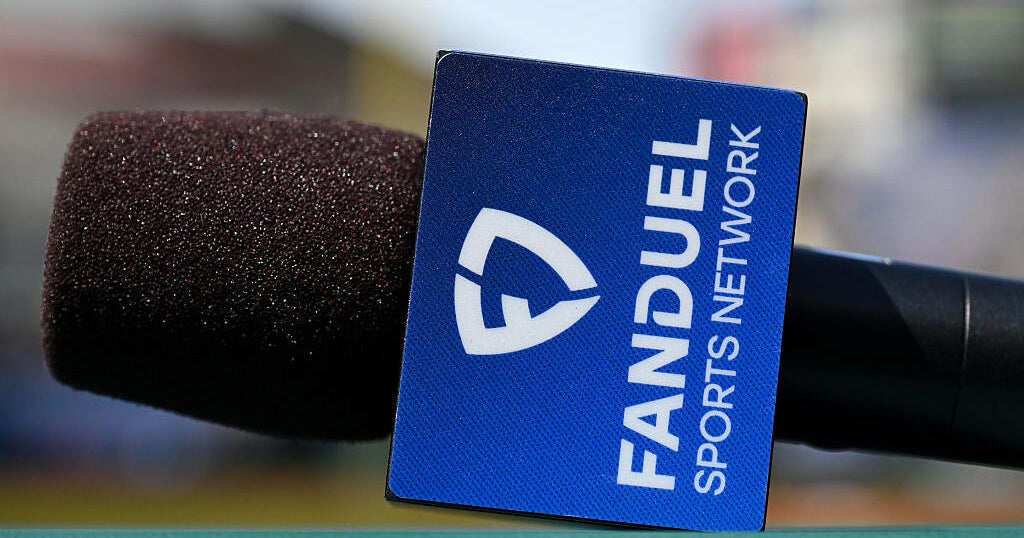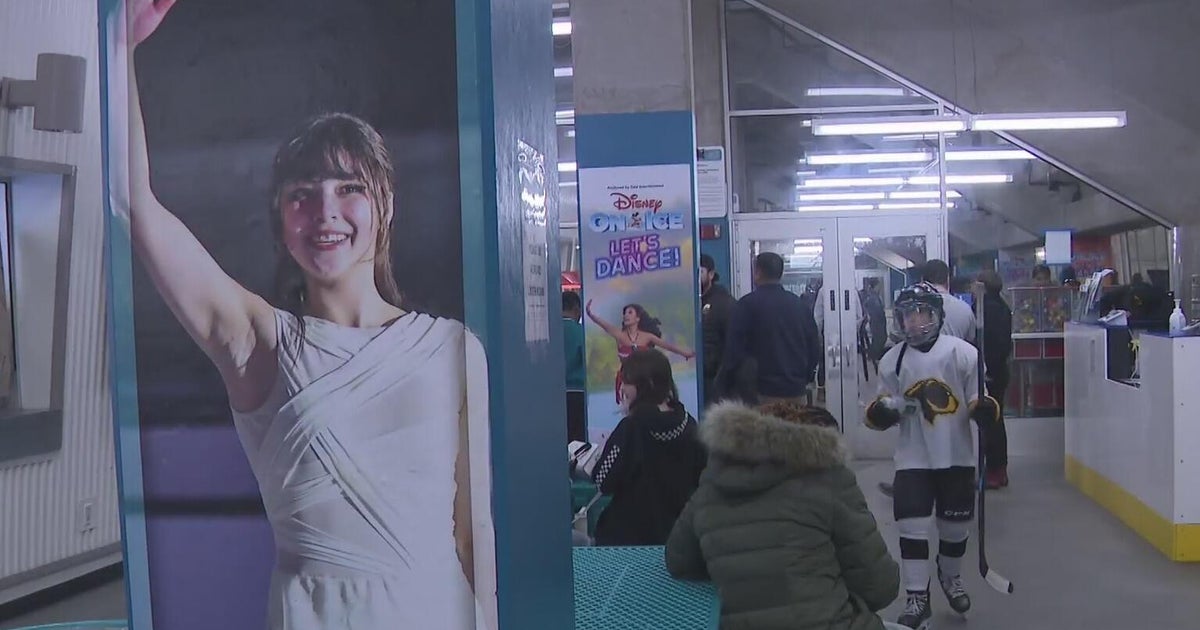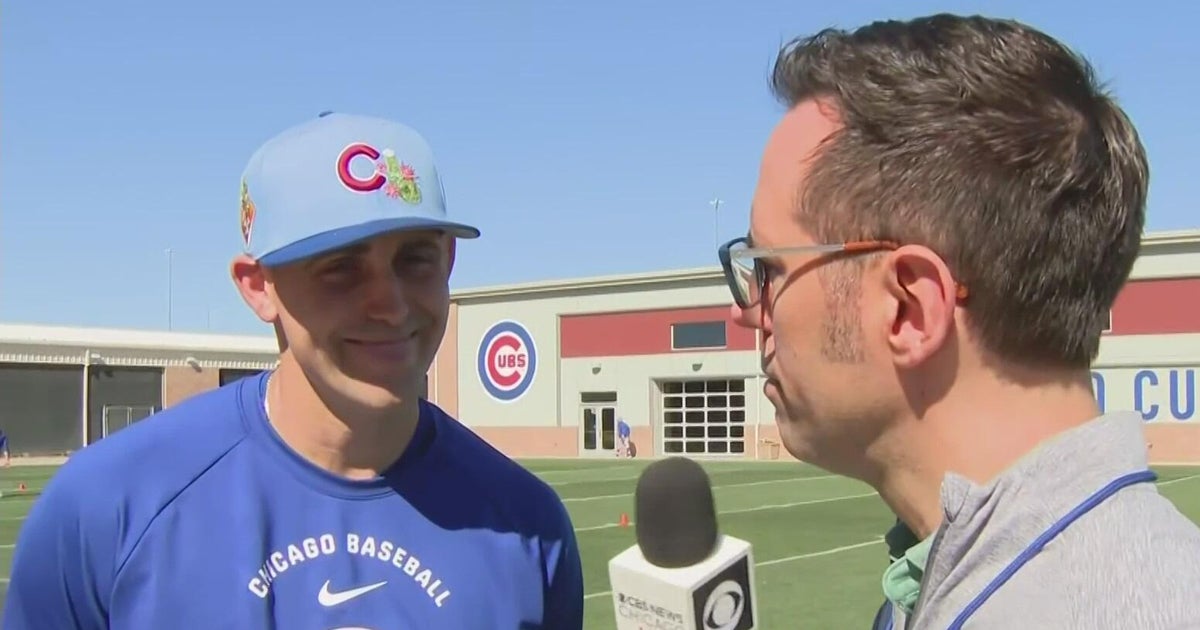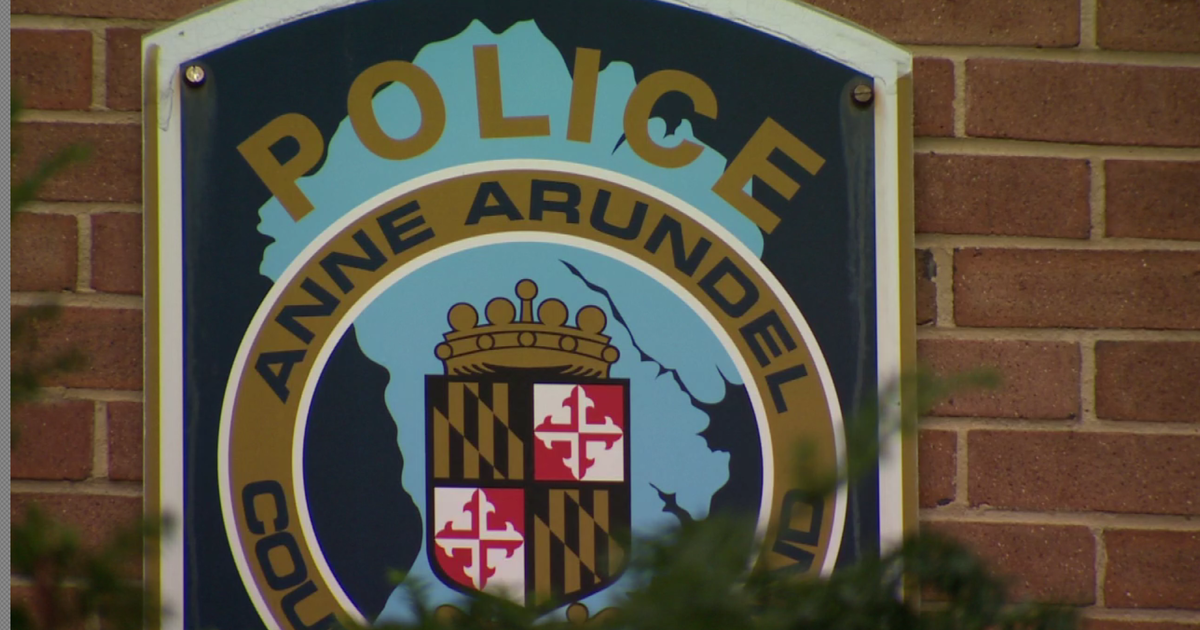NASCAR Virtual Racing Has Had A Tough Week
Scott Dixon, five-time IndyCar champion and relatively new iRacing competitor, received a brief set of instructions from boss Chip Ganassi about the world of virtual racing.
"I did get a text from him that said 'Just lay low,'" Dixon said Friday.
What started as a fun way for racing leagues to fill time and engage fans during the sports shutdown because of the coronavirus pandemic has taken a dark turn.
Kyle Larson was fired by Ganassi this week for using a racial slur during a virtual race. Bubba Wallace lost a sponsor for "rage quitting" the game a week earlier. And NASCAR's iRacing event this Sunday is drawing criticism after the series decided to trim the field of lesser-known drivers.
The decision was intended to avoid the wreck fest of two weeks ago at virtual Bristol Motor Speedway. But it came at the expense of drivers such as Landon Cassill and Michael McDowell, who have sponsorship for the events and then learned they were not invited to compete on the virtual Richmond track. Retired star Dale Earnhardt Jr. even pulled out in an effort to give his spot to one of the excluded drivers, but it was clear the shine is wearing off.
NASCAR came up with a solution: A heat race Sunday morning for drivers not already invited, with the top two finishers eligible to compete in the nationally televised virtual race and two other drivers selected by broadcast partner Fox.
It seemed a fair concession for Cassill, who does not currently have a Cup Series ride. He has competed in the first three official NASCAR virtual races, hosted other virtual events and signed topical pain reliever Blue-Emu — the sponsor that dropped Wallace — as a backer.
"The best thing that I've learned from this week is that my sponsor Blue-Emu is behind me 100%, and ultimately, that relationship is what will scale these iRacing events from the virtual world into opportunities in the real world," Cassill said. "That I have to qualify in this week is just another opportunity to prove myself as a racer."
It's become very messy in the month since NASCAR pivoted from real racing to iRacing, which has twice set esports viewership records on Fox and its cable channel. IndyCar launched a league with Saturday races now aired by NBCSN, and IMSA hosted a huge field of sports car drivers Thursday in a race that was streamed.
Virtual racing has become the only way for drivers to promote their partners during stay-at-home orders, and teams have recognized the value of having their drivers participate. But what started as fun became a very serious business and snowballed Sunday night when Larson used the N-word while trying to communicate with his spotter. Almost all of his sponsors dropped him the next day, and he was fired by Ganassi.
IndyCar Series owner Roger Penske urged team owners to caution their drivers about their conduct while virtual racing — a message delivered after Penske driver Will Power had his stream muted by the service for calling Dixon a "wanker."
Drivers are now keenly aware of the stakes. The platform allows them to communicate with each other during the race, sometimes lighthearted and sometimes heated, and viewers can eavesdrop through the gaming app Twitch.
"We are drivers, we get frustrated, we want to be competitive," said Helio Castroneves, who will make his IndyCar iRacing debut Saturday at virtual Twin Ring Motegi in Japan as will reigning NASCAR champion Kyle Busch.
"Sometimes you've got to remember that a lot more people are watching, they can hear everything, your thoughts basically," he said. "You've got to remember that you represent a company, a team, mechanics, a lot of guys, sponsors around you."
NASCAR on Friday postponed its next scheduled, event, May 9 at Martinsville, Virginia, and is exploring racing at venues without spectators. IndyCar's next scheduled race is June 6 at Texas Motor Speedway.
Until racing resumes, the virtual competition is all there is for drivers and fans. There is some sort of race streamed every night of the week and there are concerns fans will become bored.
"The key word is oversaturation," said John Doonan, president of IMSA. "We did want to be smart with oversaturation and, frankly, end up where we're sort of following a similar schedule with some exceptions of cadence of when our actual races would be."
© 2020 Associated Press. All Rights Reserved. This material may not be published, broadcast, rewritten, or redistributed.
